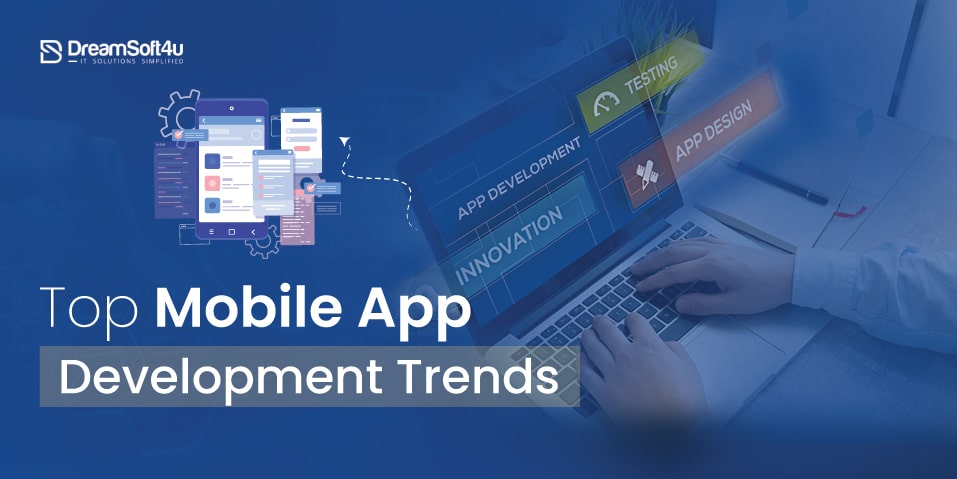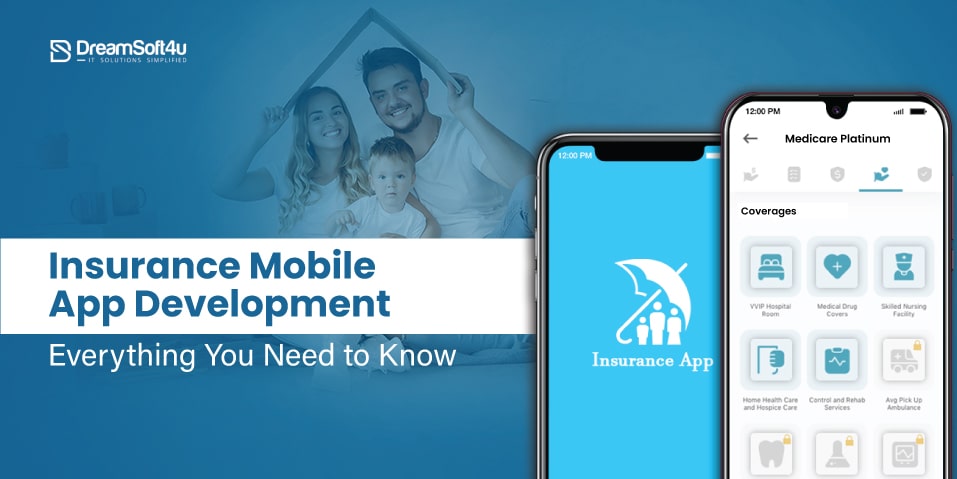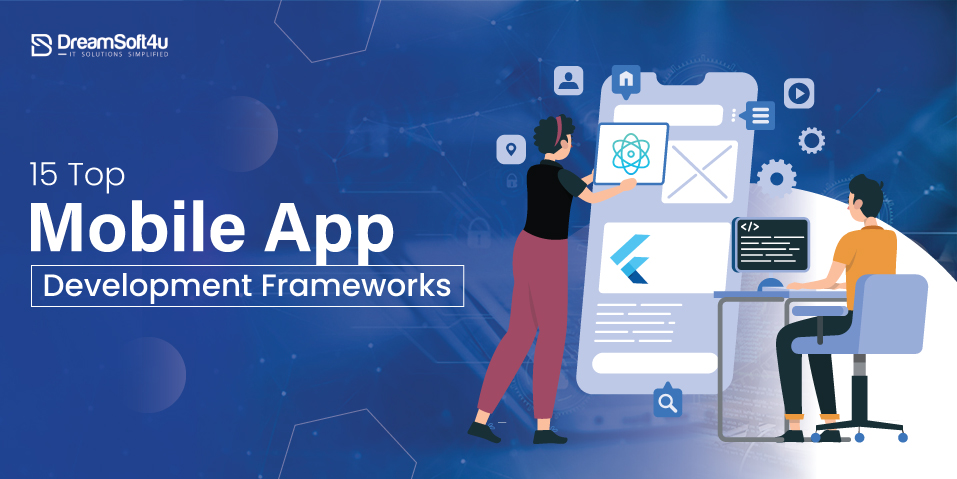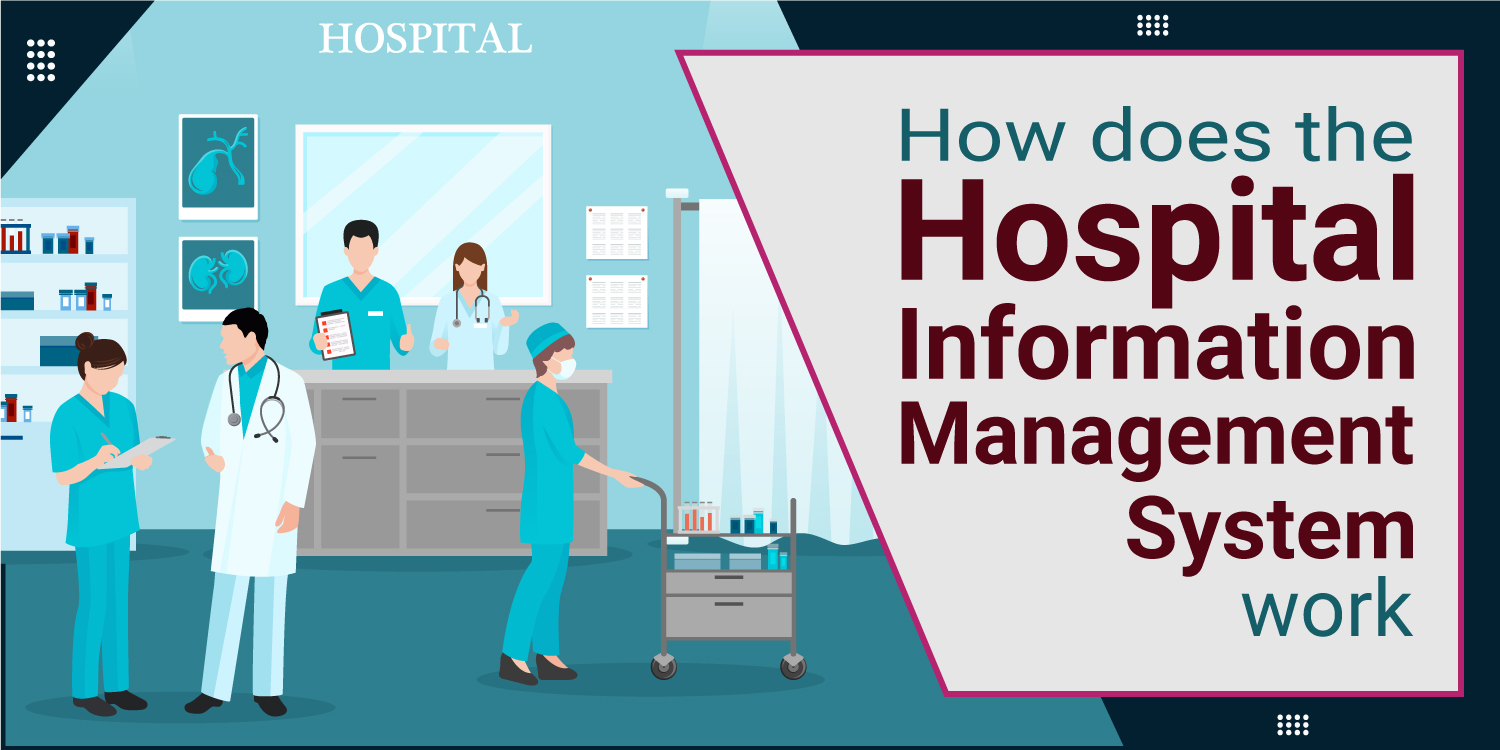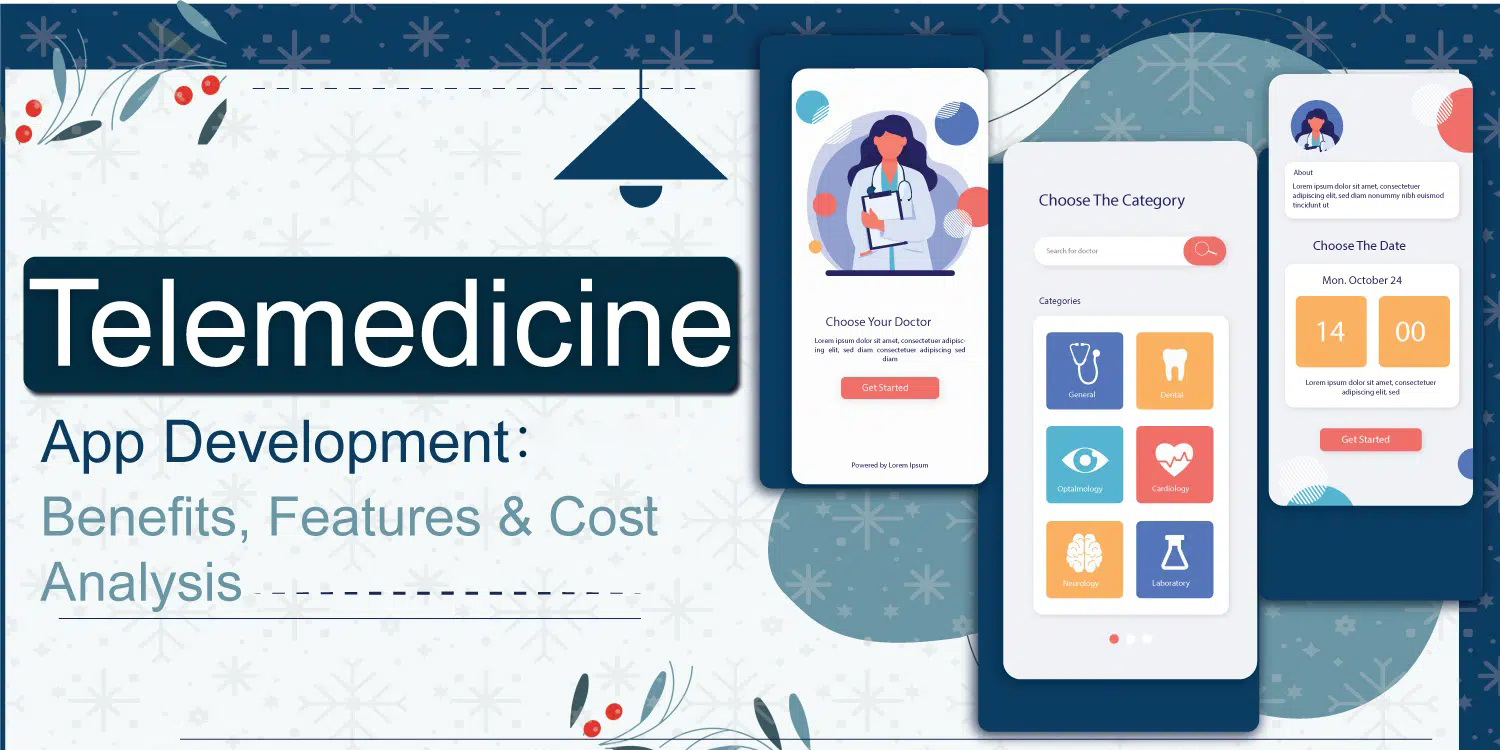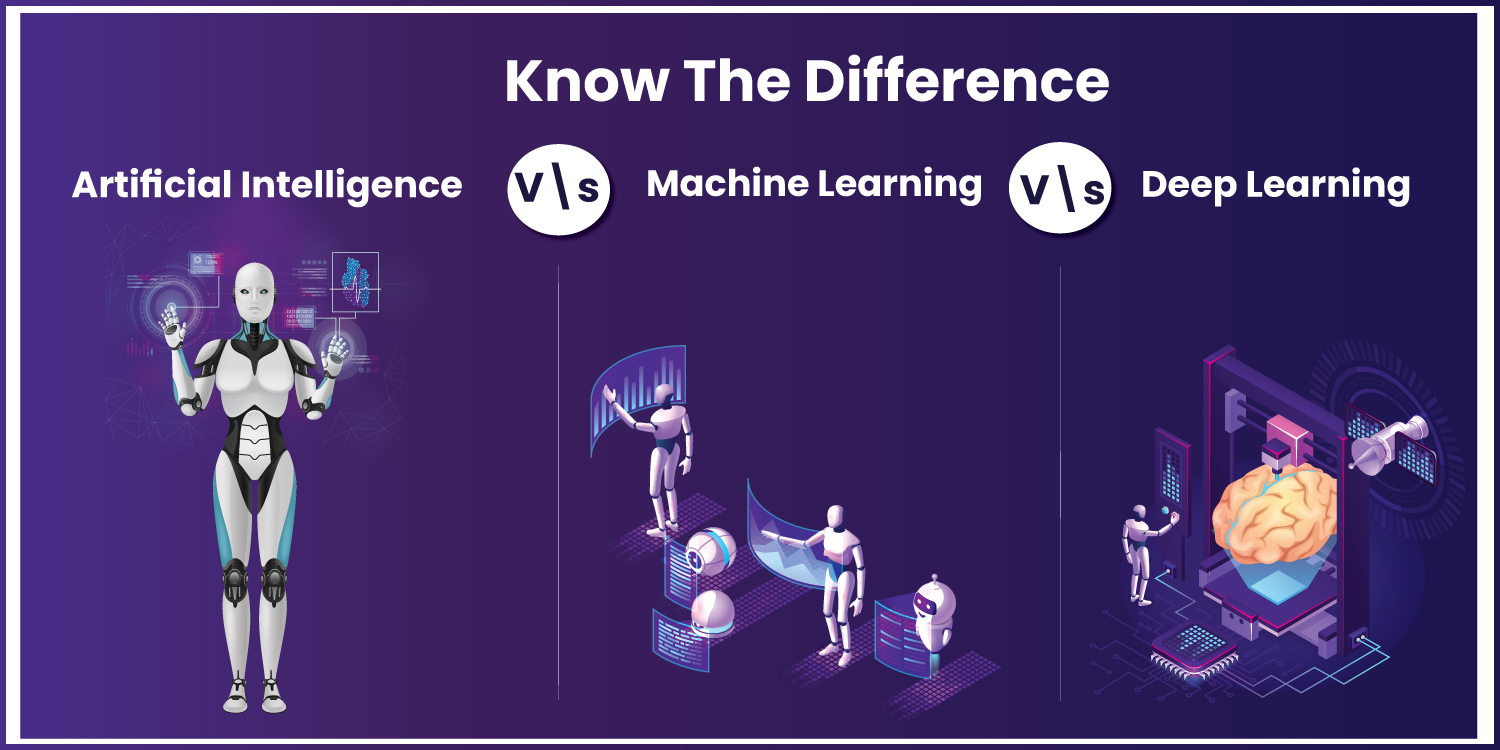Technology is expanding at its fullest pace and wherever it is making its presence, that sector is growing like mushrooms. The existence of technology has marked a beginning in the healthcare industry too. Digitalization and the module of government to keep everyone safe have paved the way for telehealth, mHealth, and other online healthcare services. Both physicians and patients are enjoying the technology as it is by far the best way of being safe from the prevailing pandemic. But what is the Importance of healthcare apps for patients? This is a new consideration for developers when making any healthcare application.
The first thing is HIPAA Compliance. Any development company that is preparing a healthcare app has to put this law in the coding. HIPAA compliance security guidelines are mandatory in US territory when operating a healthcare business or an app. As per the reports, around 84,000+ applications are based on healthcare mechanisms. Moreover, 60% of the population uses the mHealth mobile app to sort their medical situations. The use of Mobile Health Applications (mHealth) to improve patient experience is a priority. Hence, the app should fulfil the requirements of the patients.
Table of Contents
ToggleWhat are Healthcare Mobile Apps?
Healthcare mobile apps are specialized mobile apps. Which is designed for healthcare organizations and healthcare professionals to deliver medical services remotely to patients more easily and accessible.
These apps allow doctors and patients to connect remotely, anywhere, without physical location boundaries. It will enable healthcare professionals to care for their patients more efficiently and help them get care at home.
Here are some of the most popular types of products you can get from healthcare app developers:
- Health Management Apps: These apps help patients keep track of their health conditions. Such as blood sugar levels, heart rate, or mental health. So that they can manage their health conditions by staying updated.
- Clinical Reference and Diagnostic Apps: Doctors and medical professionals use these apps. They help with diagnosing illness, checking symptoms, and managing patients’ care during medical exams.
- Telemedicine Apps: These apps allow doctors and patients to communicate remotely through video calls or chats. Telemedicine app development services make it easier to communicate smoothly without going anywhere.
- Wellness and Fitness Apps: These apps help patients track diet, exercise, sleep, and stress, encouraging better health habits.
Read Also: What is Telemedicine & Its Benefits
What Do Patients Want from the Healthcare App?
Any individual who uses a healthcare app, over a point may require some more add-ons or functionalities. This is the duty of the developer to ensure all the functionalities in the app. Generally, the patient who utilizes the app uses three basic functionalities i.e.
- To schedule/cancel/postpone an appointment
- Requesting prescription
- Easy access to medical records
Statistics show that only 11% of the hospital apps offer either of the functionalities stated above. Another unfortunate aspect of healthcare apps is about 2% audience gets engaged. Talking about the business ratio, then healthcare services are going to make $45 billion each year.
Benefits of Healthcare Apps for Patients?
After an introduction to healthcare statistics, here is an overview of the expected features any patient wants in the healthcare app development company:
1. Easy Registration & Logins
The main aspect of any app development is a user can easily get into the app. Convenient Registrations and Logins are something that attracts users and improves the engagement of patients.
2. Functionality
Functionality only bounds the right audience for long-term survival. Make you the development company offers you the below-given basics in the app:
- Scheduling/Postponing/Canceling appointments
- Requesting online prescriptions from doctors
- Easy accessibility to records
3. Genuine Reporting
Our team at DreamSoft4u makes sure the software you want delivers genuine health reports. This enables patients to get an exact account of their healthcare statistics. Instances like Medical state, medication, and reports like BP, Sugar, Cholesterol, etc. are as exact as possible.
4. Easy Approach to Physician
The mHealth apps allow patients to establish communication with the physician easily. An estimate explains that around 75% of hospitals deal with very basic doctor visits that can be managed over the apps.
This also ensures more safety and security for the doctor as well as patients in the time of the COVID-19 pandemic. Telehealth facilities aid doctors to give the best treatment possible. For patients, telehealth apps facilitate time & money-saving treatments.
5. Integration with Wearable Devices
Compatibility with wearable devices is the major feature any patient wants. Tracking the daily routine of step count, running, walking, BP, Sugar, etc. is what everybody needs. The estimated business of wearable healthcare devices will reach $20 Billion by 2023. Wearable devices help collect critical data such as sleep disorders, pulse, heartbeat, physical activities, etc.
6. Hassle-free Payments
Mobile apps for healthcare offer easy and secure payment options, allowing patients to make payments using their convenience options. Healthcare professionals also receive the money smoothly without any delays, ensuring that the transaction is happening smoothly on these mobile healthcare apps.
7. Cost-Effective
Mobile health apps help healthcare organizations and patients reduce costs and save money on unnecessary treatments, prevent chronic illness, lower the chance of hospital readmissions, and make healthcare affordable for everyone.
8. Access to personal health information
Healthcare mobile apps allow patients to see and manage their health information. Such as medical history, test results, and prescriptions. This allows patients to stay informed and take control of their health to make better decisions.
Read Also: What is EPIC and EMR Integration Challenges
How are Medical Applications used in healthcare?
The utilization of medical app services is better understood in the below given 4 steps. These steps will communicate the best way how healthcare apps to be used in the industry:
1. Removing Diagnosing Error
A misinterpretation diagnosis of a patient’s medical health is the worst scenario, any app can create. This error has caused several deaths and harm to the patient’s family. The app should have intelligent diagnostic capabilities to deliver the best diagnosis and remote treatment.
2. Making Critical Choice Easily
The information stored on the app gives an insight into the patient’s condition. The reports allow medical professionals to make critical clinical choices very smoothly. Many studies have found that mHealth, telemedicine, etc. facilities are driving 100% accurate reporting and diagnosing parameters.
3. Remote Health Assistance
The telehealth apps give very helpful remote health assistance. People in far-flung areas where medications and doctors both take too much time to reach are assisted well with mHealth & Telehealth apps. It helps to provide treatment to the people at home so the needy need not move here to there for getting instant medical assistance.
4. Informative
The apps are being used to inform patients about their health standards. Physicians can easily share patients’ health statistics, improvement areas, critical conditions, precautions to be done, etc. very flawlessly.
The Future of Mobile Health Apps
When it comes to mobile health apps, their future is bright and demanding. With advanced growing techniques like AI, AR, and wearables, these apps make it convenient for healthcare organizations to offer medical services remotely via mobile health apps. The demand for mobile health apps will keep growing over time, and soon, healthcare services will be accessible to all areas that were never accessible before.
Are you planning to build a HIPAA-compliant health app?
We’ve a team of experts to turn your vision into reality.
Final Words
Patients with the growing technology either in the rural or urban areas have started accepting these telehealth services. Millennial apps have been developed to cure patients in every corner of the world. But with the growing technology, expectations also become high. The patient starts to expect the new and advanced feature to monitor their health at home.
That is why the article about the Importance of best healthcare apps for patients is prepared to acknowledge the needs or expected features a patient demands in a healthcare app. Read all the articles very carefully and also suggest what other features can be added to the list.
FAQs
1. How Do Mobile Apps Improve Patient Engagement and Satisfaction?
Mobile health apps allow patients to easily access healthcare services remotely, schedule appointments, communicate with doctors as they prefer, and save costs, which improves the overall patient’s doctor engagement.
2. What Does a Health App Do?
A mobile health app gives patients easy access to important information like health records, medications, and lab results and allows them to connect with doctors quickly.
3. How Do Mobile Apps Support Data-Driven Decisions in Healthcare?
Mobile apps collect patients’ data and provide it to healthcare organizations and clinics to review and make informed decisions, leading to personalized and better care.












